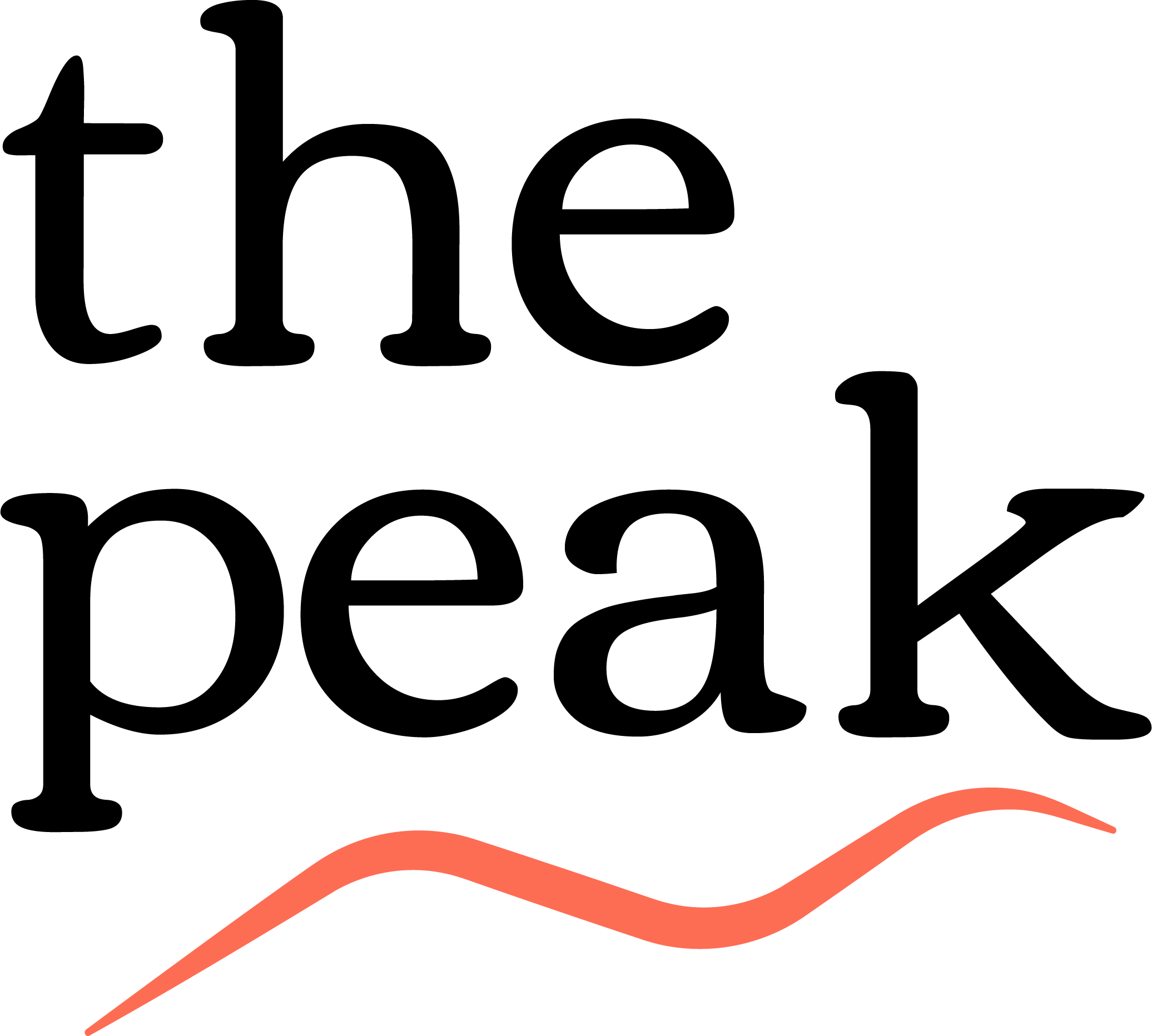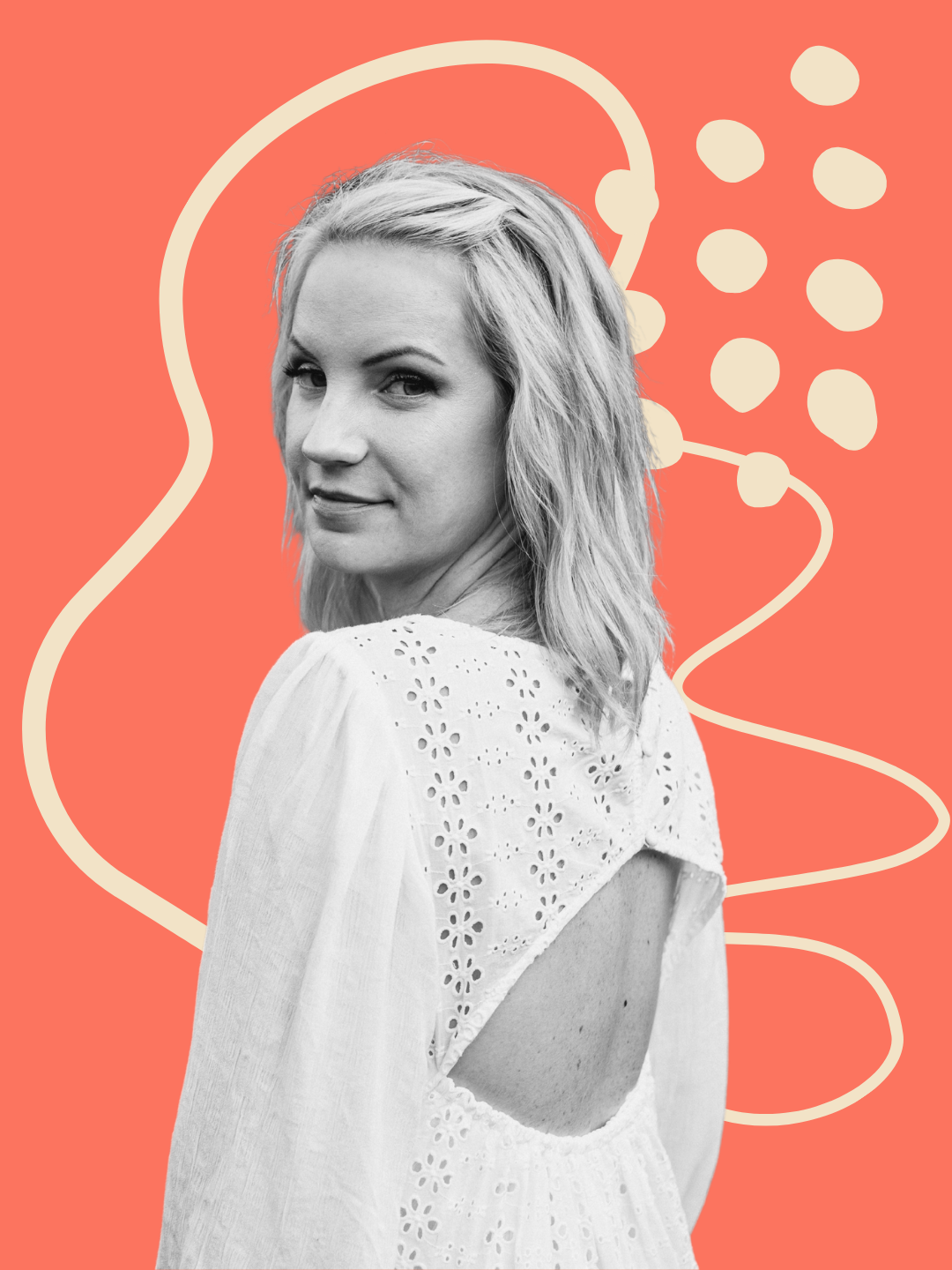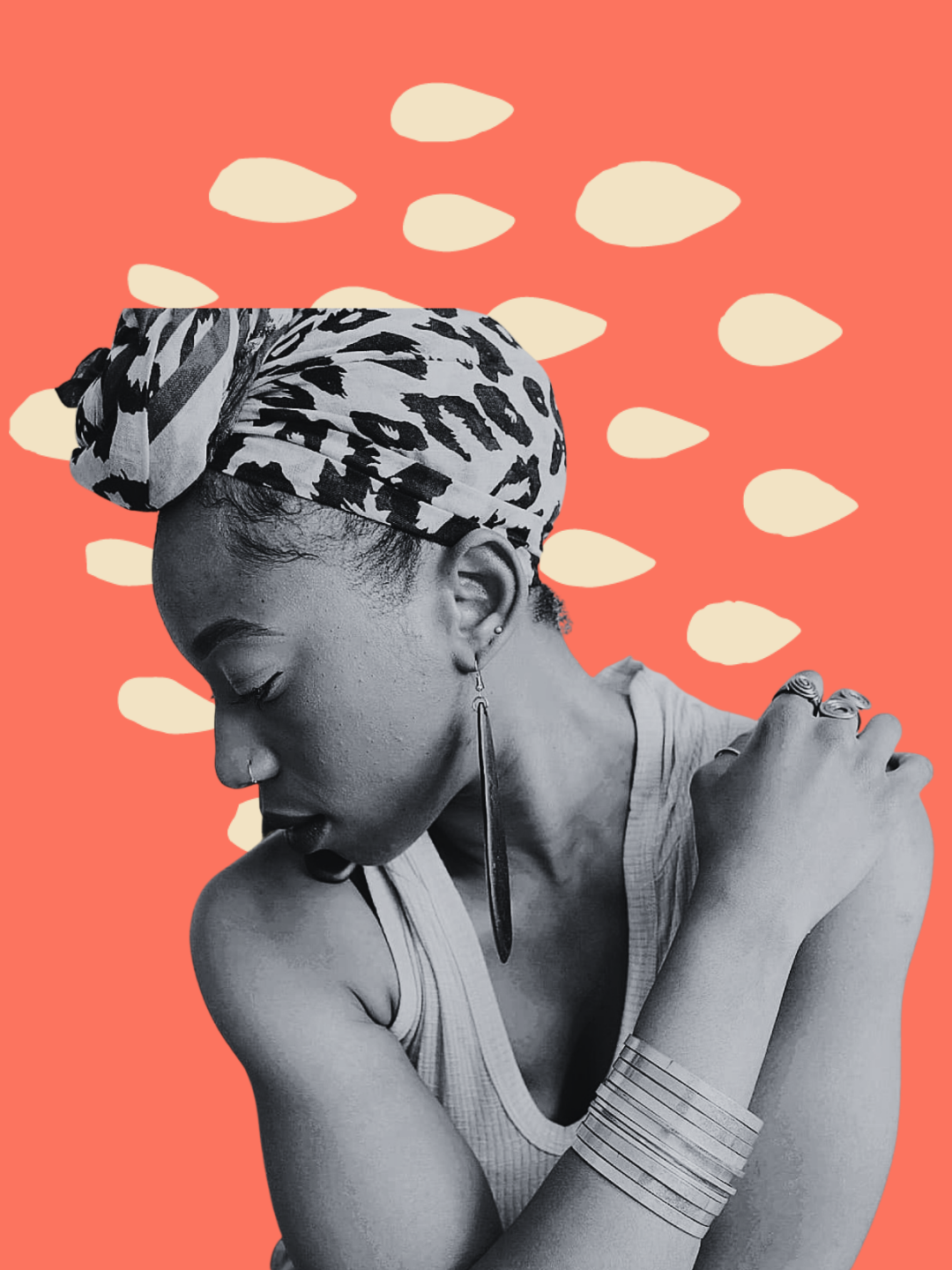Loving my scars came easy to me. I looked down at my chest after my prophylactic bilateral mastectomy and my scars made me feel strong and sexy.
But for two years after my surgery, I didn't have time to fully learn how to love or accept my body because it was constantly changing.
During the first recovery for my mastectomy surgery, I lost a lot of weight because the medication made me nauseous and I could barely eat. I was the lowest weight I had ever been and I was essentially flat since my expanders that were placed into my chest during surgery had not been filled yet.
I had never seen my body like this and I barely recognized myself. While this was shocking for me to see, I tried to embrace it. I leaned in and instead of focusing on how I looked, I tried to focus on how I felt. I felt proud of my scars. I felt like I was getting stronger every day. I felt empowered by my decision.
When I changed my mindset, I actually started to feel sexy but these feelings all came to a sudden halt.
Navigating Body Image and Self-Acceptance
When I stopped taking the pain medication, I gained my appetite back along with an extra 15 pounds as well as added acne on my chest and back for the first time in my life. My hair also started to fall out and thin — apparently a common but not yet medically proven side effect of anesthesia.
I also started to develop anxiety and depression for the first time. Not only did I not recognize my physical body and outer appearance, I didn't recognize my insides. I started hating myself, my body, and my life.
I felt miserable and questioned if I had made the right decision. When I turned to social media, “body positivity” was splashed everywhere.
What if you don't even like yourself? What if you don't even like your body?
Body Neutrality, Not Body Positivity
Instead of focusing on body positivity, I started focusing on body neutrality. I like to think of it kind of like the scene from the wedding planner with Jennifer Lopez when her father explains that he had an arranged marriage with her mother and they wanted nothing to do with each other.
He explains that over time, appreciation grew to respect, respect grew to like, like grew to love, and that love grew to be a deeper love that they could have ever hoped for.
The idea behind body neutrality is to help us steer away from hating our bodies without the added pressure of having to love our bodies.
Instead, it's about working on getting to a place where we can respect our bodies without loving or hating them but actually viewing them as neutral. So when we are mentally feeling good or bad — it doesn't impact how we feel about our bodies and when our bodies feel good or bad it doesn't impact our mental health.
10 Things That Helped Me Reconnect With My Body
As my body continues to change, I know that the person I am on the inside remains, and I am proud of the complete package and the work I have put into getting to this point.
Here are 10 things that may help you reconnect with yourself after a surgery.
1.Blame Someone Else
Whether it is because of a cancer diagnosis, a genetic mutation, a longstanding family history of cancer, or because you just have never loved what your body looks or feels like, it can be so easy to look at our bodies as the enemy. But the reality is, your body is your home and it is not your body's fault. Read that again. It is not your body’s fault.
When we stop blaming our bodies, when we stop blaming ourselves, we set ourselves free. There really is no one to blame here but if it feels good to blame someone, then maybe come up with a name of someone other than yourself to blame. Like Tom. Or Tina. And whenever you want to be angry at your body for how it looks or for the pain it has caused you, place the blame on Tom or Tina. Because it really isn’t your body’s fault, or yours!
2. Focus on What Your Body Does, Not How it Looks
Now that you have removed the blame from your body, it is time to celebrate all the things it does do for you. That breath you just took? Say thank you. That is a gift. That step you just took? Say thank you. The flower you just smelled? Say thank you. That Netflix show you just watched? Say thank you. The churro you just ate? Say thank you!
See all of the amazing things our bodies do that we don’t even realize?! Start thanking it for all of the things it does for us instead of picking it apart for all of the reasons you hate how it looks.
3. Spend Time Naked
When you don’t love your body or feel good about it, it can feel easy to avoid it by covering it up. While this may feel like the last thing you want to do, try taking off your clothes and allowing your body to just be!
You can also start with baby steps by sleeping naked. Work up to making breakfast naked. Then washing your face naked. The more naked you are, the more comfortable you eventually will become with your body.
4. Stick Post-it Notes on Every Mirror
A helpful hack I learned when experimenting with being naked or learning to love yourself is to place encouraging Post-it Notes on your mirror to reinforce positive affirmations.
I’ve found it helpful to put little Post-it Notes on all my mirrors that say positive affirmations and self love notes. A few that have helped me include, “You are enough.” “Lookin good babe!” “Life is beautiful, and so are you!” When you look in the mirror and want to say something negative, you’re reminded to lead with love and kindness towards yourself.
5. Stop With the Self-Deprecation
Speaking of negative self-talk, instead of using self deprecation, try only using self aggrandizing jokes. Instead of saying something like, “I am such an idiot” when you make a mistake or spill something, try saying, “Wow I am so graceful."
For example, instead of saying, “I hate my body so much,” try saying “I love my body so much.” It helps train yourself into using positive affirmations about yourself. It’s made a huge difference for me and the way I think of myself and how I talk to and about myself.
6. Actually Prioritize Self-Care
This isn’t the same for everyone, so my best advice is to find what works for you. My faves are; journaling, meditating, bubble baths, candles, face masks, massages, yummy lotions and oils, getting all dressed up or just hanging out in my sweats.
A few helpful journal prompts to get you started:
- What are two of my strongest qualities?
- What are two things I am really good at?
- What are three things I am grateful for?
- What are four compliments I can give myself?
- What are three “flaws” I can not only accept about myself but look at as a positive?
7. Workout Because You Love Your Body, Not Because You Hate It
When you move your body because you hate how it looks, it can lead to toxic and unhealthy patterns and behaviors.
Instead of forcing myself to workout because I didn't like my body or because I wanted to change it — I started moving my body because I loved it and appreciated it. It helped me to reframe my mindset from “I have to do this,” to “I get to do this.” Instead of beating myself up about not being able to complete a workout when I was healing post surgery, I switched my mindset from “I can’t believe I can’t finish this workout,” to “look how strong my body is and how hard it’s working for me!”
Pro Tip: Try giving yourself a self-love pep talk before your workout and cheer yourself on during it. I literally cheer myself on when I am on a run by saying, “you got this girl! You are doing great! Keep it up!” You’ll be so proud, versus making it feel like a punishment.
If you or someone you know is struggling with body image or an eating disorder you can call NEDA at (800) 931 - 2237.
RELATED: 6 Breastie-Friendly Exercises for Post-Mastectomy Movement
8. Dance to Shake it Out
From breaking a sweat to getting out of your head, dancing can serve multiple purposes. Personally, I began dancing after my surgery to help release tension and negative energy, and bring joy into my day.
The good part? It doesn’t matter how far out from surgery you are, there are appropriate levels of dancing for all stages of recovery. Let loose and get silly and watch yourself instantly get a little happier!
9. Touch Yourself!
It can be difficult to want to touch your body after going through something as traumatic as a cancer diagnosis or a mastectomy surgery. I’ve found that touching my body has been a very powerful way to reconnect with myself.
Where to start? I recommend by starting off slow and if you feel intimidated you can even start by touching the surrounding area around your chest. I like to get some aromatic smelling oils and rub them on my décolletage and then eventually work my way down to my foobs. It definitely can feel strange at first — especially if you lack sensation (like I do) and it feels a bit numb. If this can be off putting to you, I recommend rubbing the oils over your foobs while looking in the mirror. While it may sound strange, it has helped me reconnect physically and mentally.
10. Only Follow Social Media Accounts that Empower You
Lastly, it is important to only follow social media accounts that make you feel good! It is okay to unfollow any account that makes you feel insecure or bad about yourself.
I also started setting a time limit on my social usage and do not look at social media in the morning or before bed and that has helped a lot too.
RELATED: What Dating is Really Like After a Double Mastectomy






